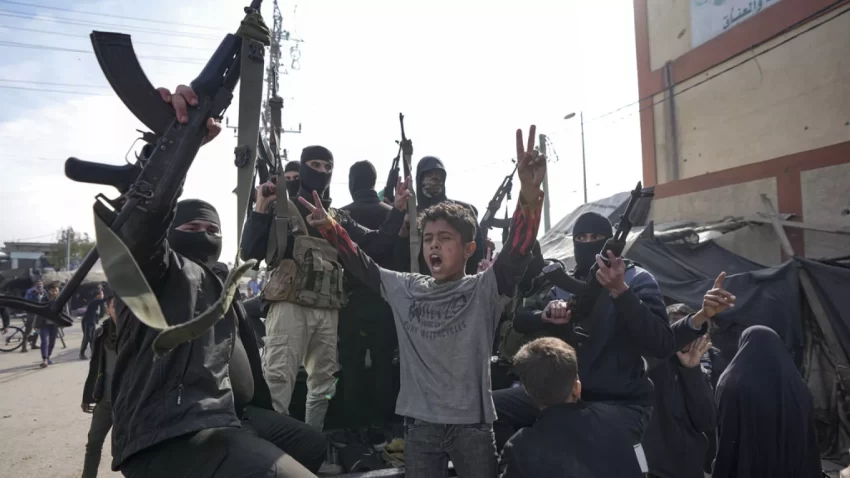In a surprising turn of events, Iran and Israel have reportedly agreed to a ceasefire, following weeks of escalated tensions that brought the region dangerously close to all-out war. While the ceasefire is being welcomed cautiously across the international community, experts are warning that this is a pause, not a peace treaty—and that the underlying causes of conflict remain deeply unresolved.
A Tense Build-Up
The path to the ceasefire has been marked by months of hostilities. After a series of proxy confrontations, cyberattacks, and direct military threats—including a deadly airstrike exchange and repeated drone activity over strategic territories—regional powers and global actors began to fear an irreversible spiral into war.
The conflict risked destabilizing not only the immediate region but also drawing in international players, including the United States, Russia, and various Gulf states. Oil prices fluctuated. Trade corridors braced. And civilian populations across Israel, Iran, and neighboring countries were pushed into a state of heightened anxiety.
Behind the Ceasefire: Diplomatic Pressure and Backchannel Talks
Sources indicate that the ceasefire was brokered through intense backchannel diplomacy, involving mediators from Turkey, Qatar, and Oman, as well as pressure from the European Union and the United Nations.
While official statements from Tehran and Tel Aviv have remained terse, both sides have confirmed a temporary cessation of offensive operations, effective immediately. The agreement reportedly includes:
- A halt on missile and drone strikes from both sides
- A suspension of cyber warfare operations
- Renewed talks on prisoner exchanges and nuclear oversight
- An open channel for indirect diplomatic communication via mediating countries
Cautious Optimism Meets Deep Distrust
Although the announcement has brought temporary relief to civilians and regional partners, experts warn that the core ideological, territorial, and political rifts between Iran and Israel remain fundamentally intact.
Israel continues to oppose Iran’s expanding nuclear program and its support of regional proxies such as Hezbollah and militias in Syria and Iraq. Iran, meanwhile, views Israeli regional influence and military alliances as existential threats.
This ceasefire is not peace—it is strategy.
Both sides, under pressure from their domestic populations and international allies, have opted to pull back—not out of reconciliation, but out of recalibration.
Global Reactions
The global response has been mixed:
- The United Nations welcomed the ceasefire as “an important window for restraint and reflection.”
- The United States praised the de-escalation but emphasized continued support for Israeli security.
- China and Russia, increasingly influential in Middle East geopolitics, have called for a longer-term regional security dialogue.
Oil markets reacted positively, with Brent Crude dropping 4% on the news. However, analysts remain wary of a sudden resurgence in violence.
What Comes Next
The coming weeks will be critical. Without a broader roadmap for peace, the current ceasefire is simply a pause—a silence filled with watchful eyes, moving drones, and fingers near triggers.
To move beyond cycles of escalation, the region would require:
- A revival of nuclear diplomacy (potentially revisiting the JCPOA)
- A regional security forum involving Saudi Arabia, the UAE, Iraq, and Turkey
- Internal political shifts within both countries allowing for less adversarial posturing
Until then, the Iran-Israel ceasefire is a moment of breath in a region that rarely exhales.




